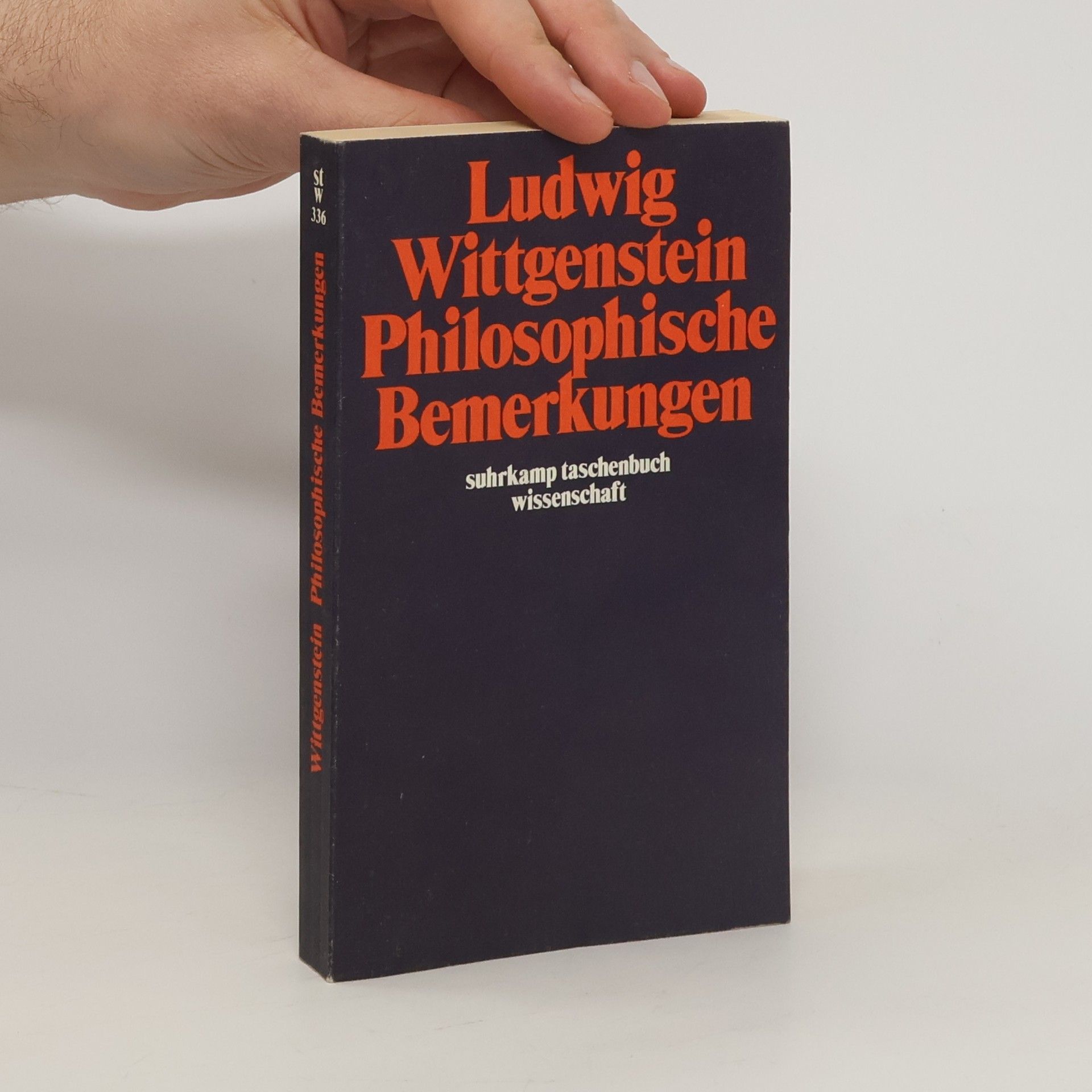A distinguished discussion of Weil's views on social philosophy, science, ethics, and religion.The work of Simone Weil has not garnered the attention it deserves in the Anglo-American tradition. In this book, Rhees, the noted thinker trained by Wittgenstein, provides the most sustained critique to date of Weil's views on science and religion. In this decidedly Wittgensteinian spin on the philosophy of religion, Rhees' observations on the major themes in Weil's work--social philosophy, science, ethics, and religion--are presented. The book shows how Rhees wrestled with difficulties he found in the work of Weil, someone he held in the highest regard."In the field of Weil studies this book is a 'gold mine.'" -- Richard H. Bell, author of Simone The Way of Justice as Compassion"Weil was a highly original thinker and Discussions of Simone Weil helps bring out that originality. Rhees also makes a contribution to the philosophy of religion, for here we get to see how a genuine Wittgensteinian approach might work in tackling religious questions." -- Eric O. Springsted, coauthor of Spirit, Nature, and Issues in the Thought of Simone Weil
Rush Rhees Livres
Rush Rhees était un philosophe américain, principalement reconnu comme étudiant, ami et exécuteur littéraire de Ludwig Wittgenstein. Son œuvre explore en profondeur les aspects centraux de l'existence humaine et la nature de la conscience, profondément façonnée par les investigations philosophiques de Wittgenstein. La contribution de Rhees réside dans son examen méticuleux et perspicace du langage et de la pensée, offrant aux lecteurs de nouvelles perspectives sur les complexités de l'expérience humaine. Son écriture se caractérise par sa rigueur intellectuelle et sa profondeur.



The Life of Jesus of Nazareth
- 184pages
- 7 heures de lecture
Focusing on the life and teachings of Jesus Christ, this study delves into his historical and religious significance. Rush Rhees explores the context of Jesus' actions and their impact on humanity, offering insights into his character and the transformative power of his message. The work emphasizes the profound spiritual and moral lessons derived from Jesus' life, making it a valuable resource for those interested in religious studies and the foundations of Christianity.
Philosophische Bemerkungen
- 351pages
- 13 heures de lecture